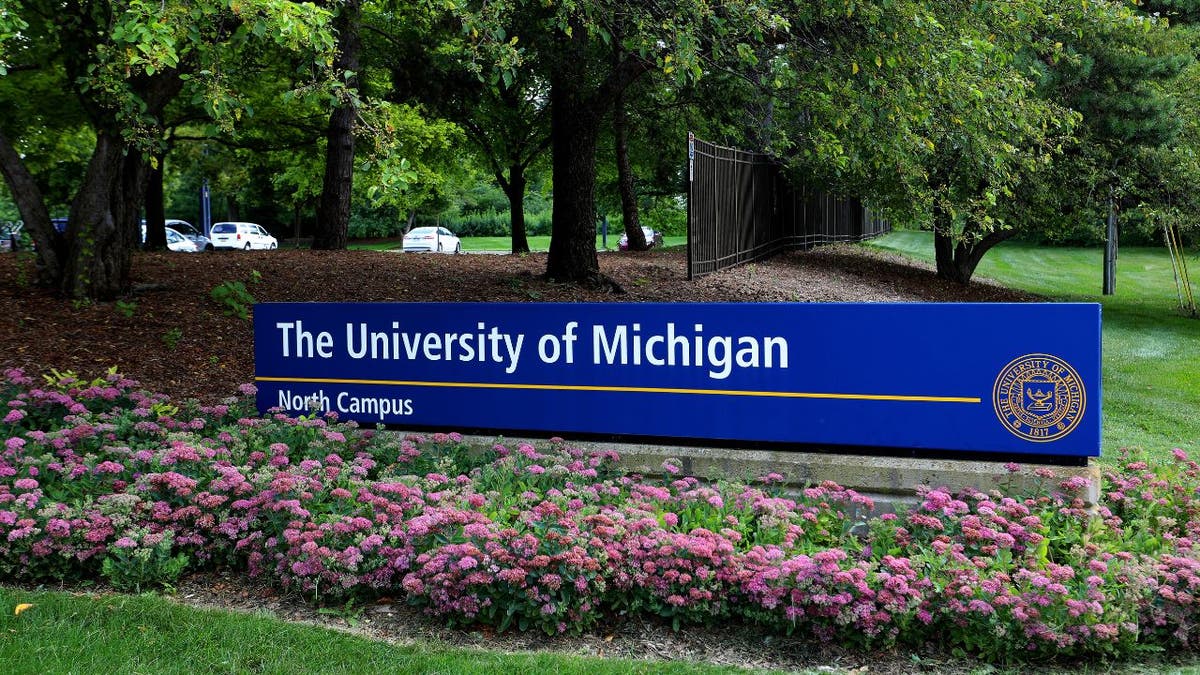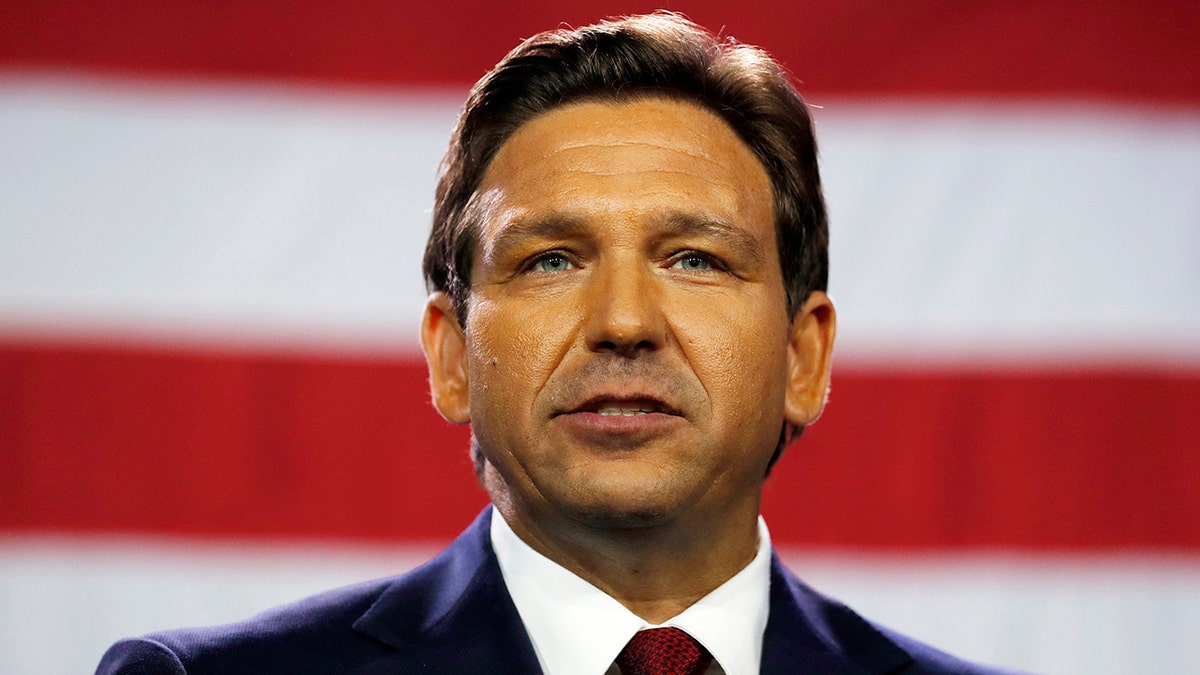A recent survey reveals a near-even split among American college students regarding mandatory diversity, equity, and inclusion (DEI) courses. College Rover's study of over 1,000 students found 45% oppose mandatory DEI courses, citing concerns about restricted personal choice and ideological freedom. Conversely, 54% support mandatory DEI, highlighting the polarized nature of student opinions on this topic.

Despite the divide on mandatory courses, a majority of students (70%) view DEI programs positively, crediting them with broadening their understanding of diversity and inclusion. This positive sentiment spans political affiliations, with 79% of Democratic students and 64% of Republican students agreeing on the programs' benefits. Interestingly, only 47% of students expressed interest in taking courses specifically focused on race, gender, or identity, with a significant disparity between Republican (30%) and Democratic (60%) students.

College Rover founder Bill Townsend suggests students are influenced by the ongoing public debate surrounding DEI, yet appear more receptive to dialogue and diverse perspectives within their academic setting. Nearly half of the surveyed students reported increased openness to different viewpoints due to DEI programs. However, a small percentage (10%) expressed discomfort discussing sensitive topics in class, fearing judgment or misunderstanding.
Townsend's research was motivated by the increasing public discourse on DEI's impact on students, aiming to provide data-driven insights into whether these programs foster inclusion or division. He cautions against completely discarding DEI initiatives, emphasizing the importance of balancing inclusivity with ideological diversity. He points out that ineffective implementation, rather than the core principles of DEI, might be the source of some concerns.

The study comes amidst a backdrop of nationwide changes to DEI programs in universities. Several institutions, including those in Texas, Michigan, North Carolina, and Iowa, have scaled back or restructured their DEI initiatives, often in response to public pressure and legislative changes. This trend extends beyond academia, with then President-elect Donald Trump pledging to eliminate DEI programs in the federal government. Townsend acknowledges this societal shift, stressing the need for balanced approaches to DEI implementation to avoid discarding valuable aspects of these programs.

Comments(0)
Top Comments